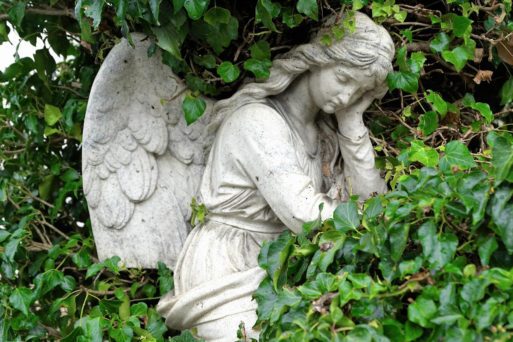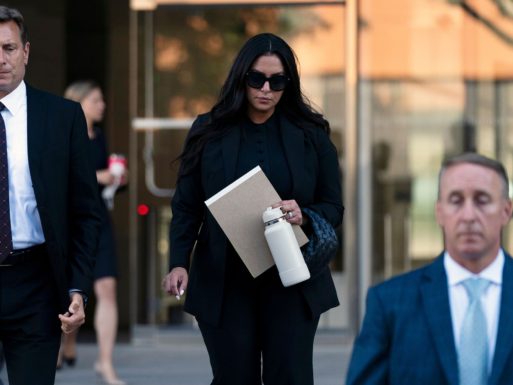
On August 25, 2022, a jury awarded $31 million to Vanessa Bryant and her co-plaintiff. The women sought justice following the tragic plane crash that took the lives of Bryant’s husband and daughter, among others. Bryant asserted that she was afraid to be confronted with the photographs that emergency service personnel had taken of the crash and shared widely among themselves. This fear of being faced with images of her husband and child in the immediate aftermath of a deadly crash is understandable. Many bereaved have difficulty dealing with aspects of the death of loved ones, especially if the death was sudden or unexpected.
Many police and first responders took photos of the crash – prompted, perhaps, by learning that a celebrity was in the remains. However, Bryant’s young daughter, along with many other souls, were also lost in the fiery collision. Bryant’s case brings to the forefront the concept of respecting the dead and how not even a dead person’s celebrity status should be used as an excuse to exploit their death. She asserted, rightfully, that keeping her pain private was her right.

Vanessa Bryant leaving the court room
Credit: Jae C. Hong
During traumatic deaths, the first people to interact with a dead person may be emergency responders, such as police and paramedics. As a society, we trust these community helpers to aid in times of great distress and worry. However, the trust can be easily broken if these professionals misuse their access to the dead by acting with self-interest, forgetting the dead have loved ones who will soon be in the throes of grief and terrible pain.
On August 31, 2022, The New York Times published a guest essay by Ashley Judd titled “The Right to Keep Private Pain Private.” In this sincere essay, Judd speaks about her mother’s suicide and the aftermath concerning authorities and the press.
Judd writes, “Family members who have lost a loved one are often revictimized by laws that can expose their most private moments to the public. In the immediate aftermath of a life-altering tragedy, when we are in a state of acute shock, trauma, panic and distress, the authorities show up to talk to us.”

Naomi Judd in 2012 . Judd’s family has fought to keep the details of her death private.
Credit:State Farm via Flickr
The actress believes that in her family’s state of shock and deep pain, no one was aware enough to ask if the policemen’s body cameras were on; if their conversation was being recorded; and what would happen with any information the police collected from their discussions.
Judd and her family have filed a petition to keep the investigative report of her mother’s death private. Judd has shared that she feels “deep compassion” for Vanessa Bryant, and those who’ve experienced a traumatic death in their family. Judd understands the loved ones’ desire to the keep the raw details of the tragedy to themselves.
These grieving women are hopeful their cases will provide a sense of peace and privacy to all those who experience a sudden, unexpected death. They hope their willingness to take a stand will provide protection for loved ones who need the security of knowing that all emergency response teams, including mental health professionals, will be held to a high standard of privacy and respect.

 Keeping Pain Private After a Traumatic Death
Keeping Pain Private After a Traumatic Death


 “Songbird” by Fleetwood Mac
“Songbird” by Fleetwood Mac

 How to Comfort A Dying Loved One
How to Comfort A Dying Loved One














